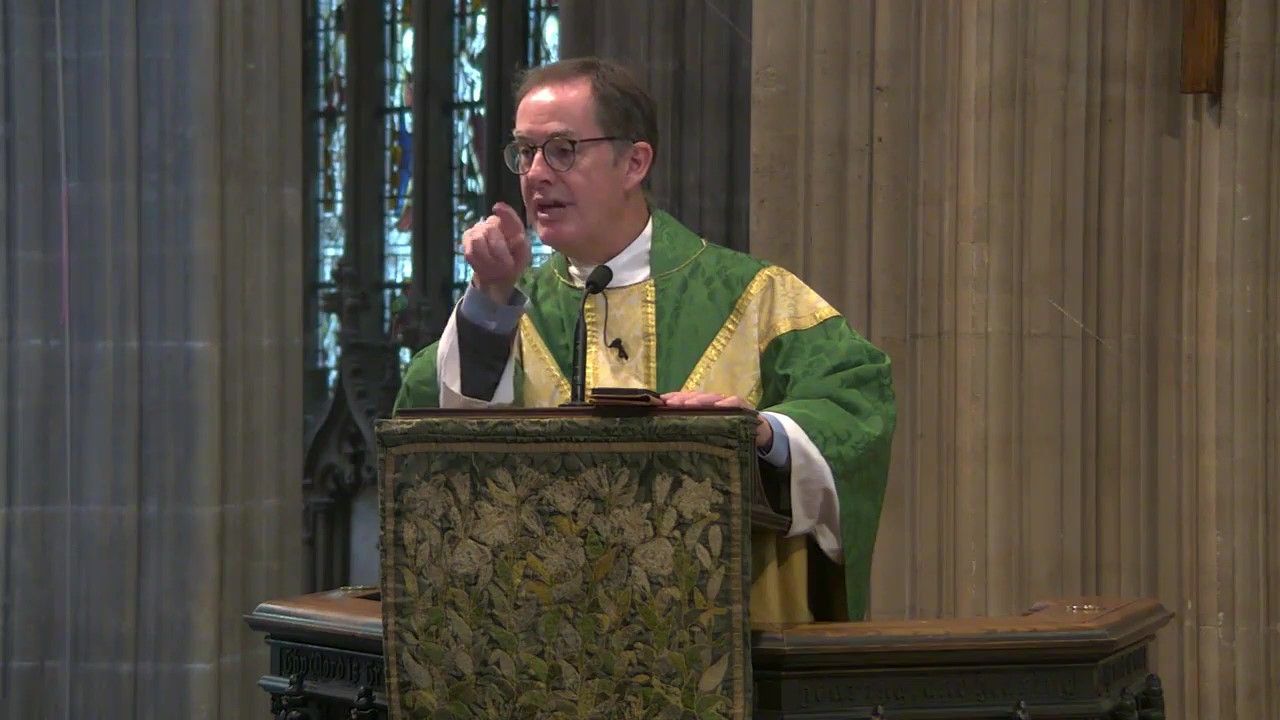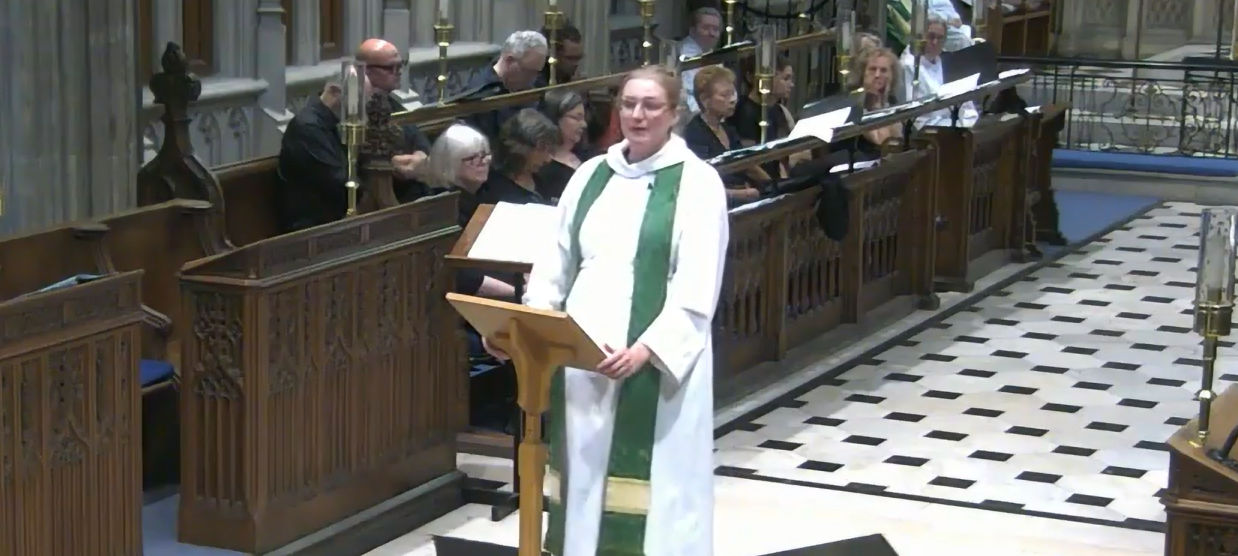Things that come out
There have been some quite startling words in the readings we have had over the last few Sundays ... many of them from Jesus. And this weekend we are faced with yet another. It's from Mark's gospel and you can read it here.
Facing some scribes and Pharisees, Jesus is challenged about why his disciples do not follow the codes of practice set down by (you guessed it) the scribes and Pharisees. Things like eating without washing their hands; washing food bought from the market; making sure that cups, pots and bronze kettles are all cleaned the proper way. You could argue that there is a lot of practical, common sense in these rules. You might think that these are the kind of things that public health practitioners have been banging on about for years. And you'd be right. But there is a difference: common sense is teaching you how to avoid a tummy bug; and public health practitioners are offering advice about how to maintain and improve your healthy.
To be fair, the scribes and Pharisees may have had those things in mind ... but they didn't use those words and, in the end, words are pretty much all we have to make the world a better place. The scribes and Pharisees saw the disciples eating with unwashed hands and judged them to be contravening the traditions of their elders, of challenging the covenant that bound them to God, of misbehaving by defiling themselves and thus worthy of being judged.
Jesus makes it clear that there is a difference that the scribes and the Pharisees have overlooked: "You abandon the commandment of God and hold to human tradition." But that isn't the startling sentence. We come to that soon enough. But Jesus makes this statement only when he had the attention of all the crowd: "Listen to me, all of you, and understand: there is nothing outside a person that by going in can defile, but the things that come out are what defile. For it is from within, from the human heart, that evil intentions come: fornication, theft, murder, adultery, avarice, wickedness, deceit, licentiousness, envy, slander, pride, folly. All these evil things come from within, and they defile a person."
This is the startling sentence. Despite the teaching of the scribes and the Pharisees, despites the traditions of the elders, despite the codification of hundreds of rules over centuries. this young rabbi from a one-horse town with a radical message (which we're still talking about 2000 years later, let's not forget) said two things:
- what you eat doesn't defile you
- you defile yourself by what you say
I said earlier on that words are pretty much the only way of making the world a better place. Whilst that's true, it's not the entire truth. Words can make the world worse and there are other things that can make the world better or worse for yourself or for others.
So this statement of Jesus needs to be expanded:
- what you eat doesn't defile you
- you defile yourself by what you say or do or think, or fail to do or say on behalf of your neighbour
Two thousand years on and these words of Jesus still appear to be little more than an aspiration in our world, our neighbourhoods, our parish, our church. Some strides have been made but the trouble is (as they say) it only takes one bad apple to spoil a barrel load. And often it's more about the perception of those looking at us. We think that our little tiff hasn't been noticed, or the unkind word wasn't overheard, or the way we ignored that person was so well done that they didn't even know we'd ignored them.
Most of us, I'm sure, can stand up against Jesus list of those things that defile us: fornication, theft, murder, adultery, avarice, wickedness, deceit and licentiousness.
The trouble is (as some of may know) that's not the end of Jesus' list! What about these: envy, slander, pride and folly.
These are the things that come out when we're not looking, and these are the ways we defile ourselves.
Dan Tyndall
30 August 2024
Final note:
Keen Bible watchers will note that there are significant chunks of Mark's gospel missing in this week's passage. I am sticking to the verses selected for the lectionary reading: if you want to read the whole passage and work out what's missing and why, you can find that here.






